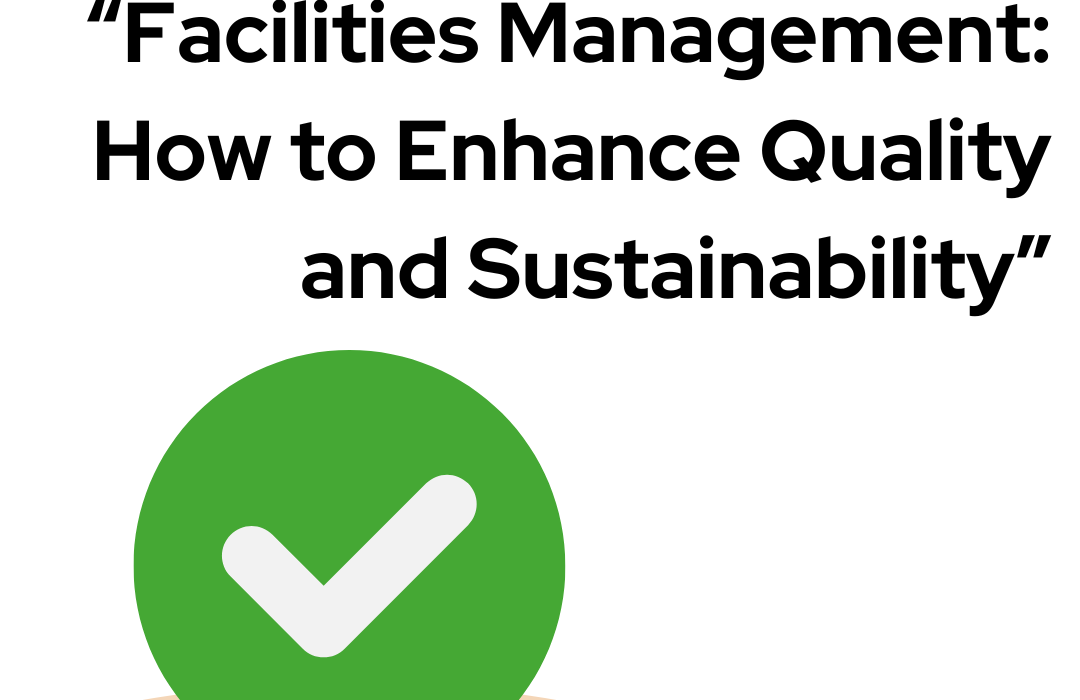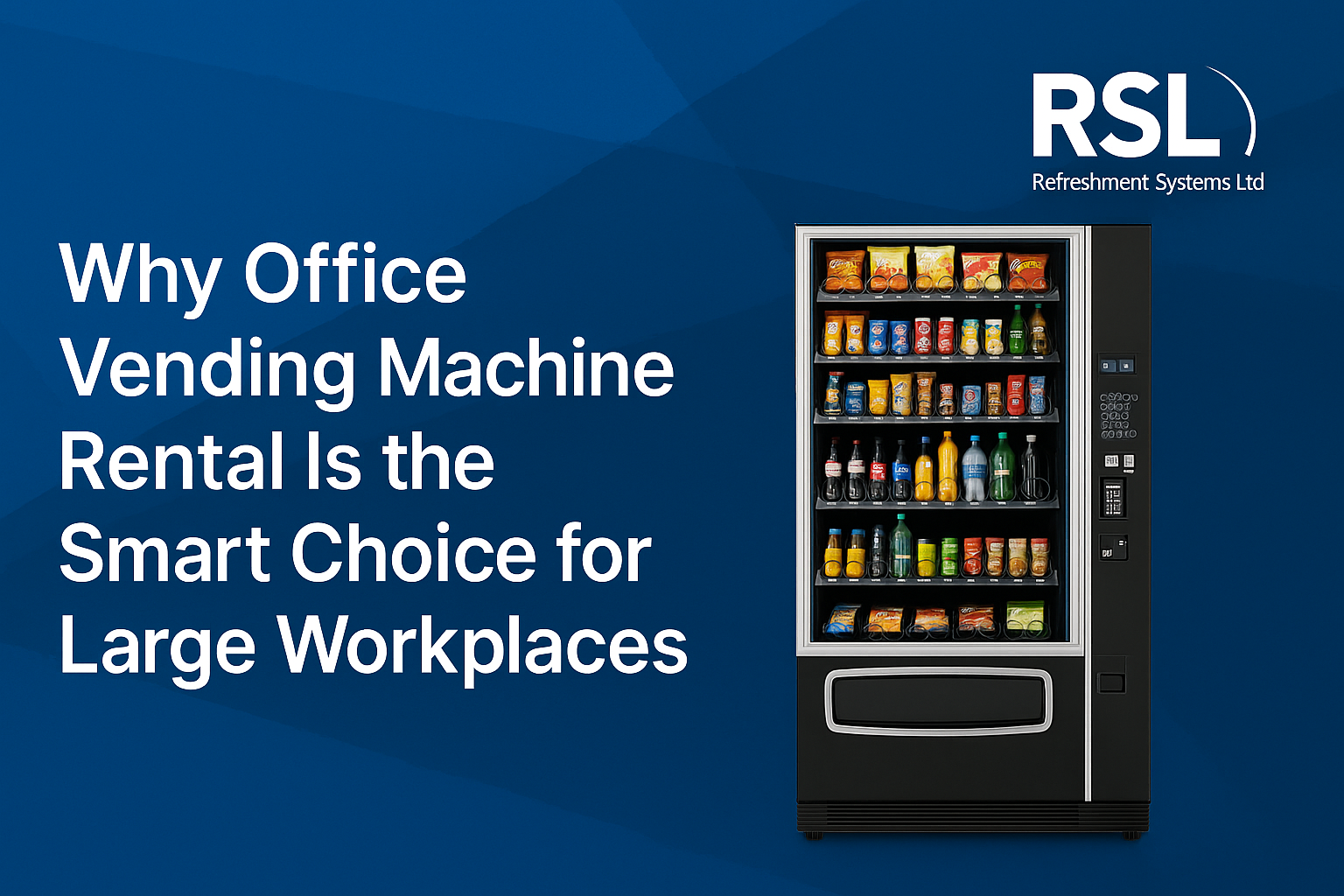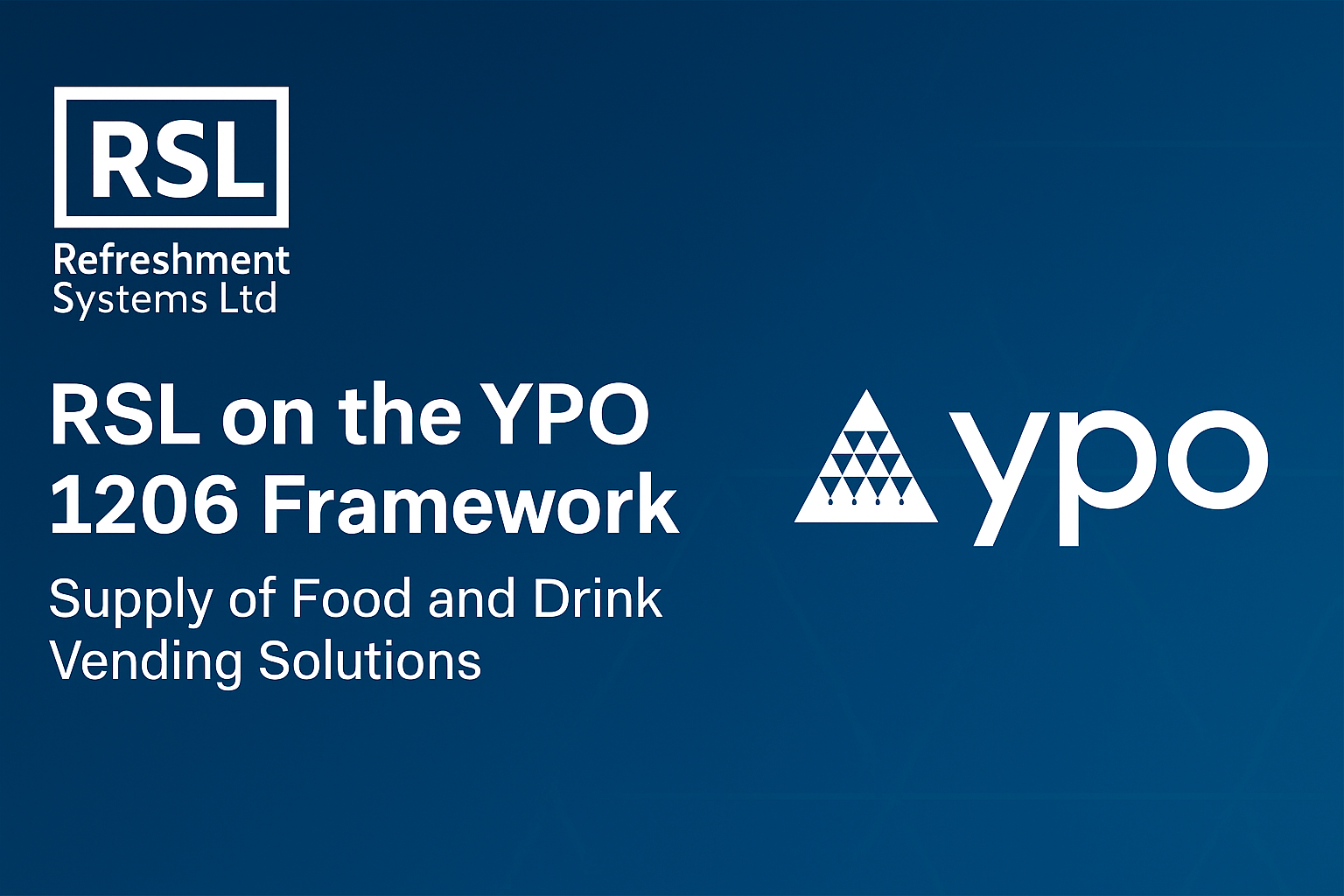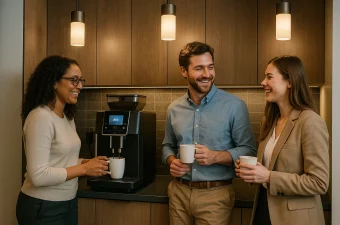
The role of facilities management (FM) in catering extends far beyond maintaining equipment and ensuring compliance. It is about creating an environment that supports high-quality service delivery, enhances customer satisfaction, and promotes sustainability. In this blog, we will delve into the multifaceted nature of FM in the catering industry, exploring strategies to enhance quality and sustainability.
The Importance of Quality in Facilities Management
Quality in facilities management is paramount in the catering industry, as it directly impacts the service provided to customers. Ensuring high standards of cleanliness, efficiency, and reliability in catering facilities is essential for maintaining customer satisfaction and upholding the reputation of the service provider.
- Cleanliness and Hygiene: Maintaining impeccable cleanliness and hygiene standards is crucial in catering. This involves regular cleaning schedules, thorough sanitisation of equipment and surfaces, and ensuring that all staff adhere to strict hygiene practices.
- Reliable Equipment: Catering operations rely heavily on equipment such as ovens, refrigerators, and dishwashers. Ensuring that these appliances are reliable and in good working order is essential for smooth operations. Regular maintenance and timely repairs are critical in preventing disruptions.
- Efficient Workflow: An efficient workflow in the kitchen and service areas can significantly enhance the quality of service. This involves strategic layout planning, ensuring that staff can move and work efficiently without obstacles, and optimising the use of space.
- Customer Experience: The overall customer experience is influenced by various factors including the ambiance of the dining area, the quality of the food, and the efficiency of service. Facilities managers play a crucial role in creating an environment that is welcoming, comfortable, and conducive to a positive dining experience.
Strategies for Enhancing Quality in Facilities Management
- Comprehensive Training Programmes: Investing in comprehensive training programmes for staff ensures that everyone is aware of the best practices in hygiene, equipment operation, and customer service. Continuous training and development help maintain high standards and adapt to new challenges.
- Regular Audits and Inspections: Conducting regular audits and inspections helps identify areas for improvement and ensures compliance with health and safety regulations. These audits should cover all aspects of the catering facility, from kitchen equipment to dining areas.
- Feedback Mechanisms: Implementing robust feedback mechanisms allows customers and staff to provide input on the quality of the facilities and services. This feedback can be invaluable in identifying areas for improvement and making necessary adjustments.
- Quality Control Processes: Establishing quality control processes for food preparation and service ensures consistency and high standards. This can include regular taste tests, monitoring portion sizes, and ensuring that presentation standards are met.
Promoting Sustainability in Facilities Management
Sustainability is increasingly important in facilities management for catering. Adopting sustainable practices can reduce environmental impact, lower operating costs, and enhance the reputation of the catering service.
- Energy Efficiency: Implementing energy-efficient practices can significantly reduce the carbon footprint of catering facilities. This includes using energy-efficient appliances, installing LED lighting, and implementing energy management systems to monitor and reduce energy consumption.
- Water Conservation: Water is a critical resource in catering operations. Facilities managers can promote water conservation by installing low-flow faucets, using water-efficient dishwashers, and implementing water recycling systems.
- Waste Reduction: Reducing waste is a key aspect of sustainability. This involves minimising food waste through accurate portion control, composting organic waste, and recycling materials such as packaging and kitchen waste.
- Sustainable Sourcing: Sourcing ingredients and materials from sustainable sources can reduce the environmental impact of catering operations. This includes purchasing locally produced ingredients, choosing suppliers with sustainable practices, and opting for eco-friendly packaging.
Innovations in Sustainable Facilities Management
- Green Building Design: Incorporating green building design principles in the construction or renovation of catering facilities can enhance sustainability. This includes using sustainable materials, improving insulation, and integrating renewable energy sources such as solar panels.
- Smart Technology: Smart technology can play a significant role in sustainable facilities management. Automated systems for energy management, water usage monitoring, and waste tracking can provide real-time data and insights, helping to identify and implement efficiency improvements.
- Sustainable Menu Planning: Sustainable menu planning involves creating menus that use seasonal, locally sourced ingredients, and reducing the use of environmentally intensive ingredients. This not only supports local farmers but also reduces the carbon footprint associated with food transportation.
- Employee Engagement: Engaging employees in sustainability initiatives can drive meaningful change. This involves educating staff on sustainable practices, encouraging their participation in sustainability programmes, and recognising their efforts.
Case Studies
- Eco-Friendly Restaurant: An eco-friendly restaurant implemented a comprehensive sustainability programme that included energy-efficient appliances, water-saving measures, and a robust recycling programme. By sourcing local and organic ingredients, the restaurant was able to reduce its environmental impact while providing high-quality meals.
- Sustainable Hospital Catering: A hospital catering service adopted sustainable practices such as using biodegradable packaging, implementing a composting programme, and installing energy-efficient kitchen equipment. These initiatives not only reduced the environmental impact but also improved the overall efficiency of the catering operations.
- Corporate Dining Services: A corporate dining service focused on sustainability by introducing a plant-based menu, reducing single-use plastics, and implementing a food waste reduction programme. These efforts were well-received by employees and contributed to the company’s sustainability goals.
Facilities management in catering is a multifaceted discipline that requires a balance of quality, efficiency, and sustainability. By adopting best practices in maintenance, hygiene, and workflow optimisation, catering facilities can ensure high standards of service and customer satisfaction. Embracing sustainable practices not only reduces environmental impact but also enhances the reputation and operational efficiency of catering services. As the industry continues to evolve, innovative solutions and a commitment to excellence will be key to successful facilities management in catering.




